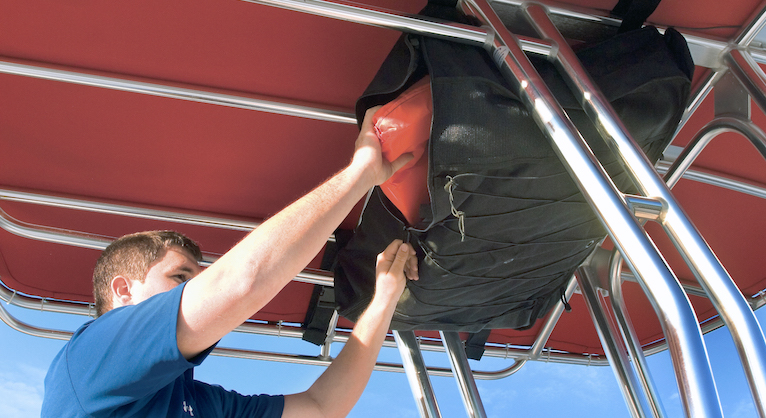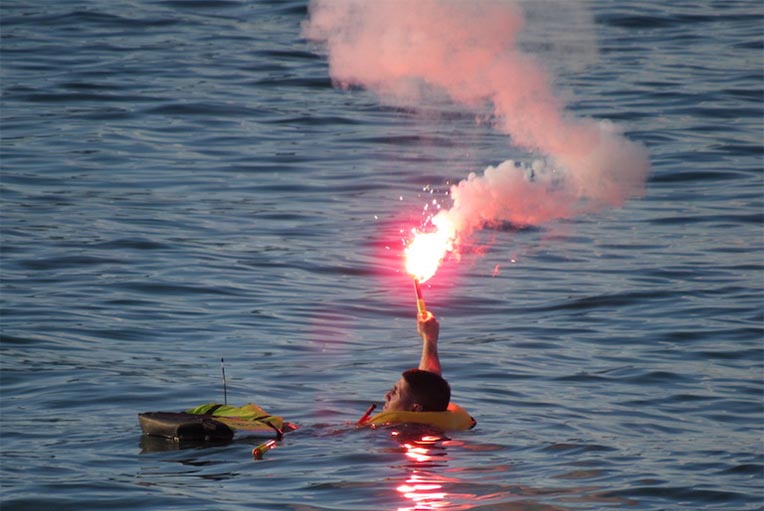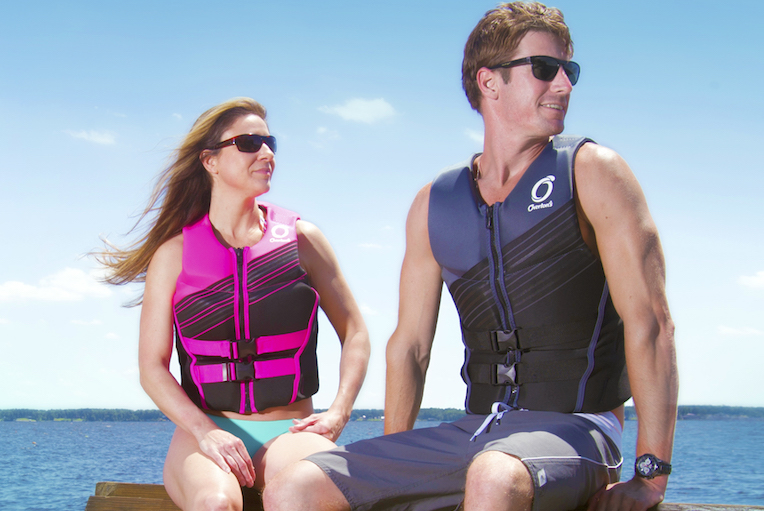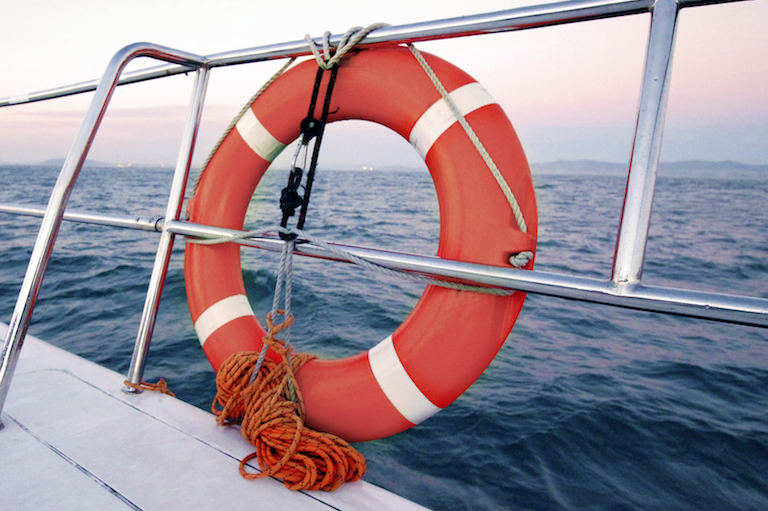Boater Safety Checklist
Before launching your boat, there are a few concerns that should be addressed to ensure being on the water is as enjoyable as we expect it to be. Using a quick checklist is an easy way to cover all necessary rules and precautions to have you on the water as soon as possible.

- Life jackets for every passenger with extra jackets available for additional guests
- Recognize non-swimmers and attach whistles to their life vests
- Approved fllotation device in an easy-to-access location for throwing, if necessary
- Flares and other distress signals stored in a dry, accessible place
- Fire extinguishers should be within reach and visible in case of emergency
- All passengers need to be familiar with each safety item, where it is located, and the rules for using it should the situation present itself
- Inspect all instrument and navigation lights to ensure they’re working properly
- Check the oil and coolant levels, bilges and pumps, and fuel tank
- Fill the fuel tank and monitor consumption while on the water
- Use the rule of thirds (1/3 outbound, 1/3 inbound, 1/3 reserved) to effectively determine when to refill without risking an empty tank
- Make sure the battery is charged and providing power
- Have one anchor set up and ready to use
- Dock lines should be accessible with extra available in case of unforeseen circumstances
- Designate a second-in-command/assistant skipper to take over, if needed, so the boat isn't at risk of being stranded
- Turn on all VHF radios and GPS units


- All pertinent information (licenses, permits, registrations, etc.) should be onboard
- Regardless of location familiarity, charts for navigating should be accessible and used
- Leave a float plan with someone you know detailing where you’re going, when you’re returning, and what steps to follow in the event the plan isn’t followed accordingly
- Always check the weather forecast before departing and remain cognizant of tide/current changes while on the water
Above all else, use common sense. Avoid alcohol while operating a boat; if you choose to drink, save it as a reward once everyone has returned to the shore safely.
Regardless of experience, safety should always be a priority.
Shop Our Boater Safety Devices & Accessories



 800-700-1366
800-700-1366
